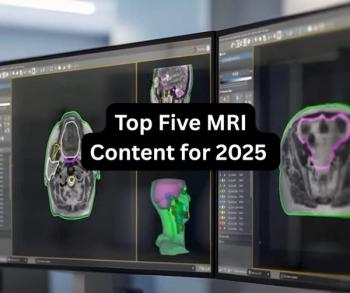
- Diagnostic Imaging Vol 32 No 10
- Volume 32
- Issue 10
Delayed cardiac test saves money
Typically when someone presents to the emergency department with acute chest pain, the patient is admitted for further workup.
Typically when someone presents to the emergency department with acute chest pain, the patient is admitted for further workup. Singapore researchers found not only is it safe to discharge the patient, provided he or she receives SPECT within a week, but doing so also saves the hospital approximately $800 per patient per admission.
Dr. Raymond Wong, in the cardiac department at the National University Heart Center at the National University Hospital, and colleagues evaluated patients with acute chest pain or angina-equivalent symptoms such as shortness of breath. Patients received SPECT and a cardiac clinic evaluation within a week. If the SPECT was abnormal, the patient went on to receive coronary angiography.
Among 101 patients who didn’t undergo coronary angiography following SPECT, a total of 303 hospitalization days were saved, translating to an estimated $800.36 per patient per admission (Emerg Radiol 2010;17:375-380).
Articles in this issue
over 15 years ago
Coronary CTA really works, but why isn't its use soaring?over 15 years ago
Case of the Monthover 15 years ago
Small pulmonary emboli still stump radiologistsover 15 years ago
Leukemia joins radiation risks for interventionalistsover 15 years ago
MRI reveals when cognitive impairment will advanceover 15 years ago
Imaging technique proves useful for ovarian cancerover 15 years ago
Incidental findings can predict cardiac diseaseover 15 years ago
The deck is stacked against coronary CTA; why it mattersover 15 years ago
We spend on end-of-life care at expense of patientsover 15 years ago
LifeImage takes sting out of viewing patient CDsNewsletter
Stay at the forefront of radiology with the Diagnostic Imaging newsletter, delivering the latest news, clinical insights, and imaging advancements for today’s radiologists.













